As COVID-19 continues to spread, so does the rise in food insecurity. This holiday is a holiday like no other, as families struggle to afford rent, utilities, medication, or food.
Since the start of the pandemic, many more people have stepped into our pantry lines for the first time. In October alone, almost four times as many people than before the pandemic used our Food Locator to find resources, pantries, and CalFresh (food stamps) assistance.
That’s why this holiday season, it’s important now more than ever to make a difference however you can. Here are several ways you can support your local community so that no one goes hungry.
Volunteer
While it’ll be hard to have a safe gathering during the holidays, you can still volunteer at our Pop-up food pantries and warehouses in San Francisco and Marin by packing grocery bags for participants or deliver groceries to homebound seniors and adults with disabilities. We especially need help during the week. And remember the need for volunteers doesn’t end in December, so please consider volunteering throughout 2021.
If you’re bilingual, your language skills are also imperative to make these distributions more inclusive and effective for all participants. Currently, Cantonese and Spanish support are our most urgent needs.
Learn more about volunteer opportunities here.
Fundraise for Us
Due to COVID-19, we are temporarily halting the delivery. Host a virtual fund drive instead, which can be done easily to raise money. Plus, participants will receive even more food. We are able to turn every dollar into two healthy meals! Learn more about food and fund drives here.
Donate
We need sustained financial support to continue to respond to the dramatic need we are seeing in the community right now. Your donations are what keep us going, and we hope you’ll consider signing up for our Monthly Giving Circle to help support us year-round. Your gift will go a long way to feed those in need. Learn more here.
Support Our Partners
Our community partners will also need your support to fight hunger. If our volunteer shifts are filled, support our partners by volunteering with them instead.
Take Action Today
It will take systemic change to end hunger. That’s why our actions extend beyond food distribution and CalFresh assistance. You can influence change by:
- Calling and emailing your members of Congress to demand they pass comprehensive COVID relief to keep our communities fed.
- Speak up on social media and tag your members of Congress by using the hashtag #BoostSNAPNow. You can find their Twitter handles here.
- Write a letter to the editor to highlight why boosting SNAP will help your community. You can submit one to the San Francisco Chronicle here.
So, whether you decide to volunteer, donate, or take action, your support will provide more food for the community during the holidays and beyond. We can’t do any of this without you. We hope you will join us to end hunger.



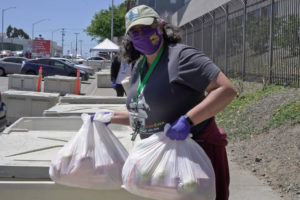 “I miss being at the library, but I recognize that it’s important for me to be here,” said Pauline.
“I miss being at the library, but I recognize that it’s important for me to be here,” said Pauline.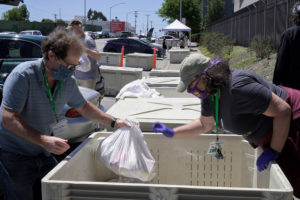 Now
Now 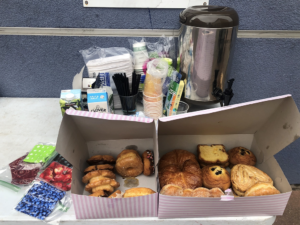 So, o
So, o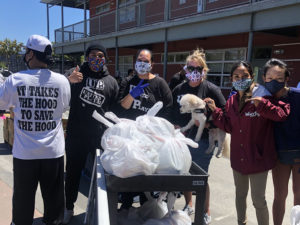 SW
SW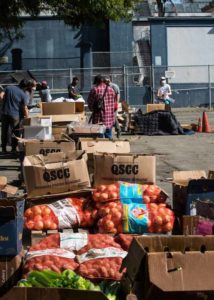
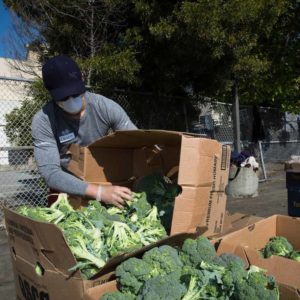
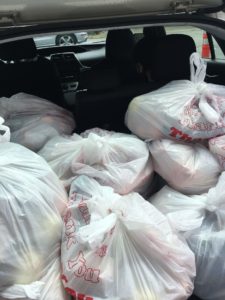 Esther Honda: We started volunteering once shelter-in-place started. I knew I wanted our family to volunteer at the Food Bank, and it just worked out well for us to deliver groceries. I have to confess that it seemed like a good excuse to get out of the house but also felt really necessary to help others who could not safely leave home.
Esther Honda: We started volunteering once shelter-in-place started. I knew I wanted our family to volunteer at the Food Bank, and it just worked out well for us to deliver groceries. I have to confess that it seemed like a good excuse to get out of the house but also felt really necessary to help others who could not safely leave home.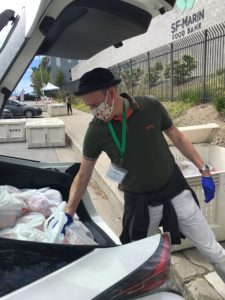
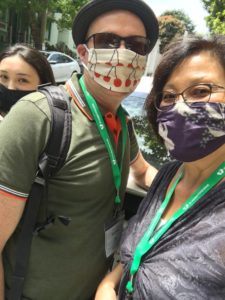
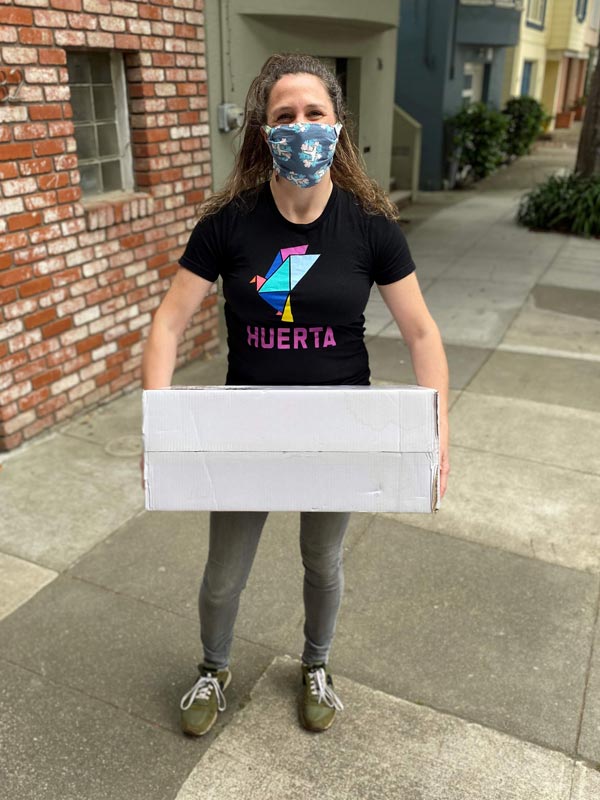
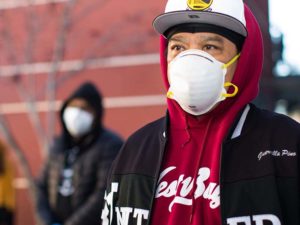
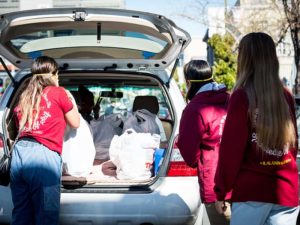
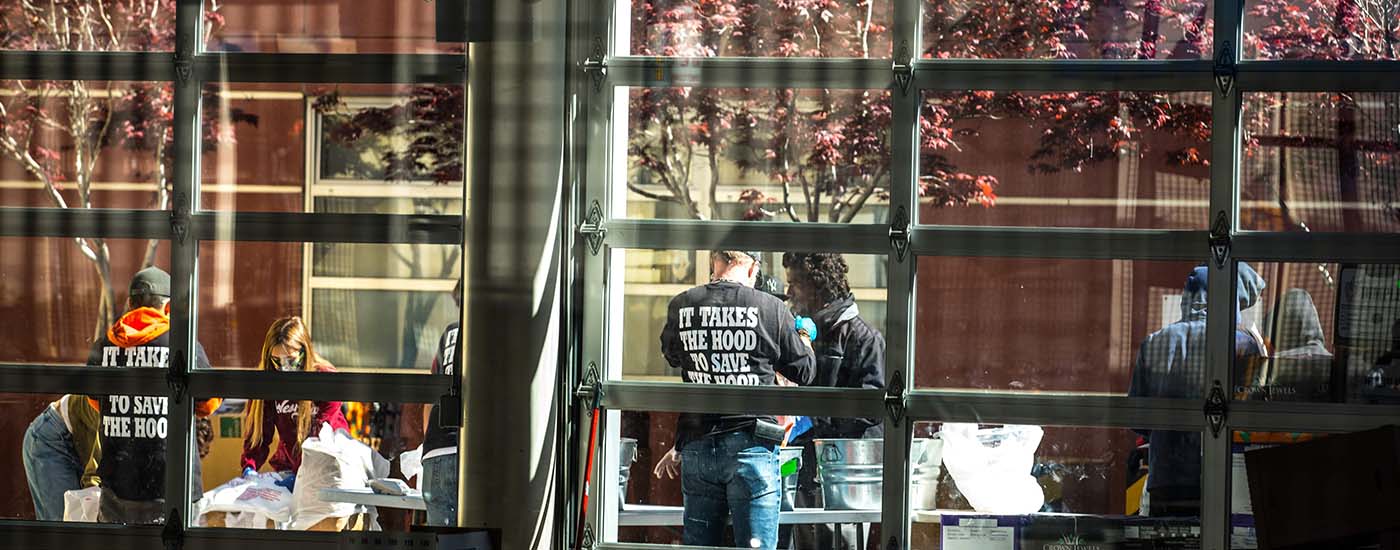
Share